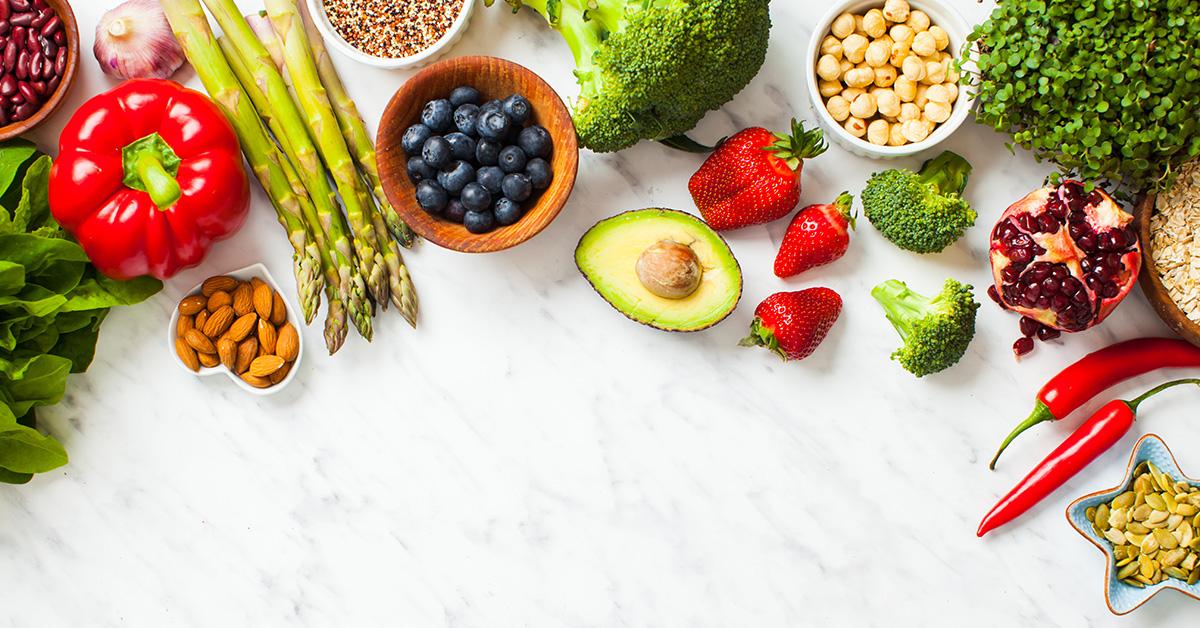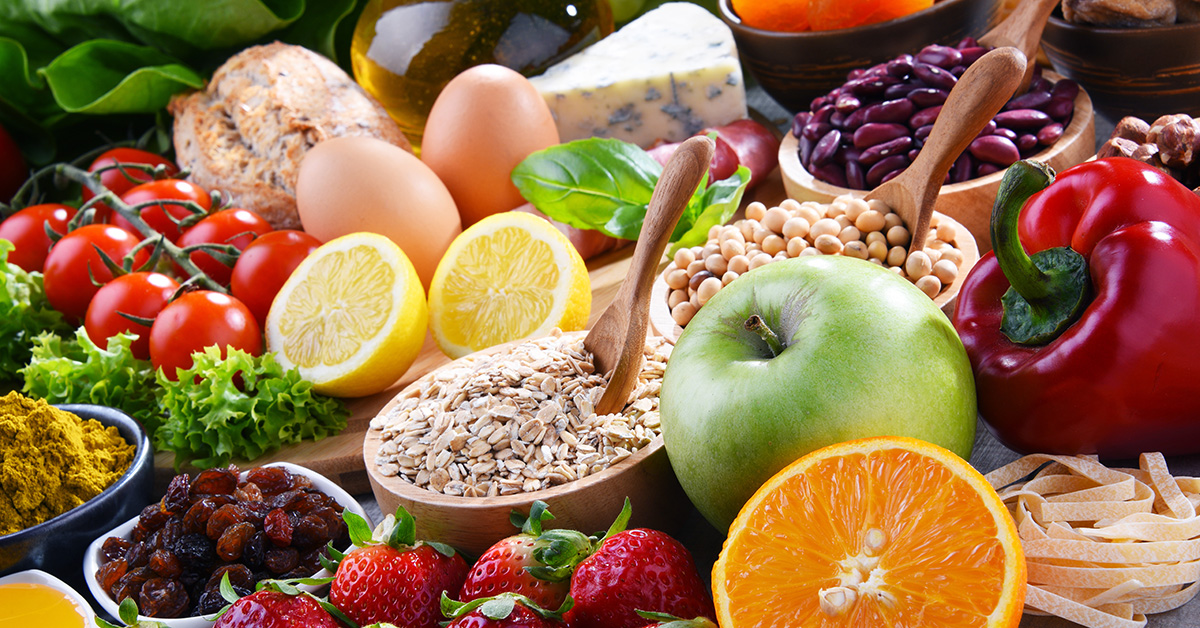How Proper Nutrition Supports Energy & Focus for Caregivers

Caregiving is both physically and mentally demanding. Whether you’re assisting a loved one or working as a professional caregiver, maintaining consistent energy levels and sharp focus is essential. Proper nutrition for caregivers isn’t just about staying healthy—it’s about fueling your body and mind so you can provide the best care possible.
However, between long hours and unpredictable schedules, many caregivers struggle to prioritize balanced meals. This guide explores how proper nutrition for caregivers impacts energy and focus, along with practical meal-planning strategies to help caregivers stay at their best.
How Proper Nutrition for Caregivers Affects Energy and Focus
Food is fuel. The nutrients you consume play a direct role in how you feel throughout the day. Poor eating habits—such as skipping meals, relying on processed foods, or consuming too much caffeine—can lead to fatigue, brain fog, and burnout.
Here’s how a balanced diet supports caregivers:
- Sustained Energy – Whole foods like lean proteins, complex carbohydrates, and healthy fats provide lasting energy and prevent crashes.
- Improved Focus – Nutrient-dense foods help maintain mental clarity and cognitive function.
- Stronger Immune System – A well-balanced diet reduces the risk of illness, keeping caregivers healthy and resilient.
- Stress and Mood Regulation – Certain nutrients, such as omega-3s and B vitamins, help manage stress and support emotional well-being.
- Better Sleep – Eating the right foods can promote better rest, while poor nutrition can lead to sleep disturbances.
For additional health insights, visit Nutrition.gov or check out the CDC’s Nutrition Resources.
Key Nutrients in Proper Nutrition for Caregivers

1. Complex Carbohydrates (For Steady Energy)
Unlike refined sugars, complex carbs provide long-lasting energy and help prevent energy crashes.
Best sources: Brown rice, quinoa, oats, whole wheat bread, sweet potatoes
2. Lean Proteins (For Strength & Mental Clarity)
Protein supports muscle health, brain function, and helps keep you full longer.
Best sources: Eggs, chicken, fish, tofu, beans, Greek yogurt
3. Healthy Fats (For Brain Function & Stress Reduction)
Omega-3 fatty acids and unsaturated fats improve focus, support brain health, and help regulate stress.
Best sources: Avocados, nuts, seeds, olive oil, fatty fish (salmon, sardines)
4. B Vitamins (For Energy & Stress Management)
B vitamins help convert food into energy and play a crucial role in brain function.
Best sources: Leafy greens, eggs, dairy, lentils, whole grains
5. Magnesium (For Relaxation & Sleep Support)
Magnesium helps regulate stress, improve sleep quality, and relax muscles.
Best sources: Bananas, almonds, spinach, dark chocolate
6. Hydration (To Prevent Fatigue & Headaches)
Dehydration can lead to fatigue, dizziness, and difficulty concentrating.
Tip: Aim for at least eight glasses of water a day and consider herbal teas or infused water for variety.
Practical Nutrition Tips for Caregivers
1. Plan and Prepare in Advance
- Set aside a few minutes each week to plan meals.
- Batch cook proteins and grains to use throughout the week.
- Keep easy, nutritious snacks on hand to prevent energy dips.
2. Eat Small, Frequent Meals
Eating every three to four hours helps maintain energy levels and prevents sluggishness.
3. Choose Nutrient-Dense Convenience Foods
- Pre-cut vegetables and hummus
- Greek yogurt with nuts and berries
- Whole grain wraps with lean protein and greens
4. Reduce Sugar and Processed Foods
Sugary snacks may provide a quick boost, but they lead to energy crashes. Focus on fiber-rich, whole foods that keep you full longer.
5. Prioritize Hydration
Many caregivers mistake thirst for hunger, leading to unnecessary snacking and fatigue. Keep a water bottle with you and sip throughout the day.
Simple Meal Ideas for Proper Nutrition for Caregivers
Breakfast: Overnight Oats
Ingredients: Oats, almond milk, chia seeds, honey, berries
Lunch: Quick Mediterranean Chickpea Salad
Ingredients: Chickpeas, cherry tomatoes, cucumber, feta, olive oil, lemon juice
Dinner: One-Pan Chicken and Vegetables
Ingredients: Chicken, zucchini, bell peppers, sweet potatoes, olive oil, spices
Snack: Trail Mix
Ingredients: Almonds, walnuts, dried cranberries, dark chocolate chips
Caring for Yourself to Care for Others
Caregivers often put the needs of others before their own, but proper nutrition for caregivers is essential. Eating well improves energy levels, enhances focus, and helps caregivers maintain their well-being while providing the best care possible.
Looking for additional resources? Check out our VITRA Health Resource Page or learn more about our Caregiver Support Programs.
